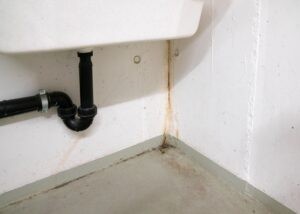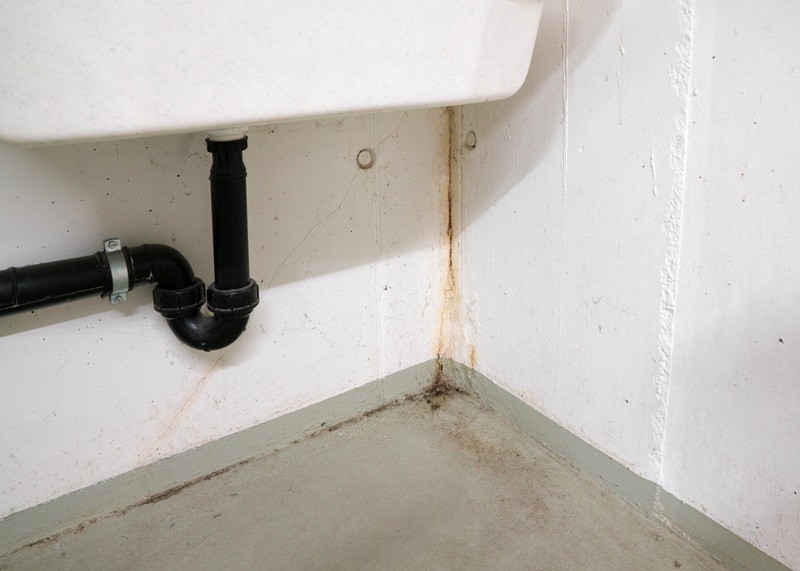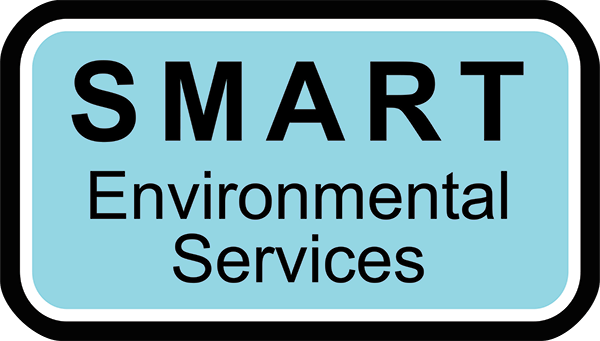
Mold is a serious hazard that can be lurking in your Kansas City home without you even knowing. Mold often hides in areas that are easy to overlook, and exposure over time can cause significant health issues for you and your family. Understanding where mold is likely to hide, the potential effects of exposure, and when to call a professional are key to keeping your home safe and healthy.
1. Hidden Areas in Bathrooms and Kitchens
Bathrooms and kitchens are prime locations for mold growth due to their high moisture levels. While most homeowners regularly check shower tiles and sinks, mold can easily grow behind walls, under cabinets, or in any areas where water leaks could occur. The dark, damp conditions behind a sink or under the floor are perfect for mold to thrive. Even a small, unnoticed water leak can lead to a mold problem over time, so it’s essential to check all these hidden spots regularly.
2. Behind Walls and Under Floors
Mold can hide in the most unexpected places, such as behind drywall or beneath flooring. Leaky pipes, poor ventilation, and high humidity can create ideal conditions for mold to grow. These areas are less accessible and often go unchecked, making it difficult for homeowners to detect the problem until it becomes severe. If you’ve experienced a water leak in the past, or if you live in an older home in Kansas City, it’s essential to call a professional to inspect these hidden spots for mold.
3. Attics and Basements
Both attics and basements are prone to mold growth, especially in Kansas City’s humid climate. Attics with poor ventilation and basements with high moisture levels create the perfect breeding ground for mold. Even though these spaces might not be used daily, they can harbor mold for long periods. Attic insulation, walls, and basement floors are common mold hiding spots that can often go unnoticed, causing health problems and structural damage down the line.
Why It’s Important to Address Mold Exposure
Mold exposure can be a very serious contributor to various health problems, including respiratory issues, skin irritation, and aggravation of allergies or asthma. In severe cases, mold exposure can cause long-term health effects. The longer mold is left unchecked, the more harmful it becomes. That’s why it’s important to have a professional inspect your property and mitigate mold problems as soon as they’re detected.
Posted in Mold

